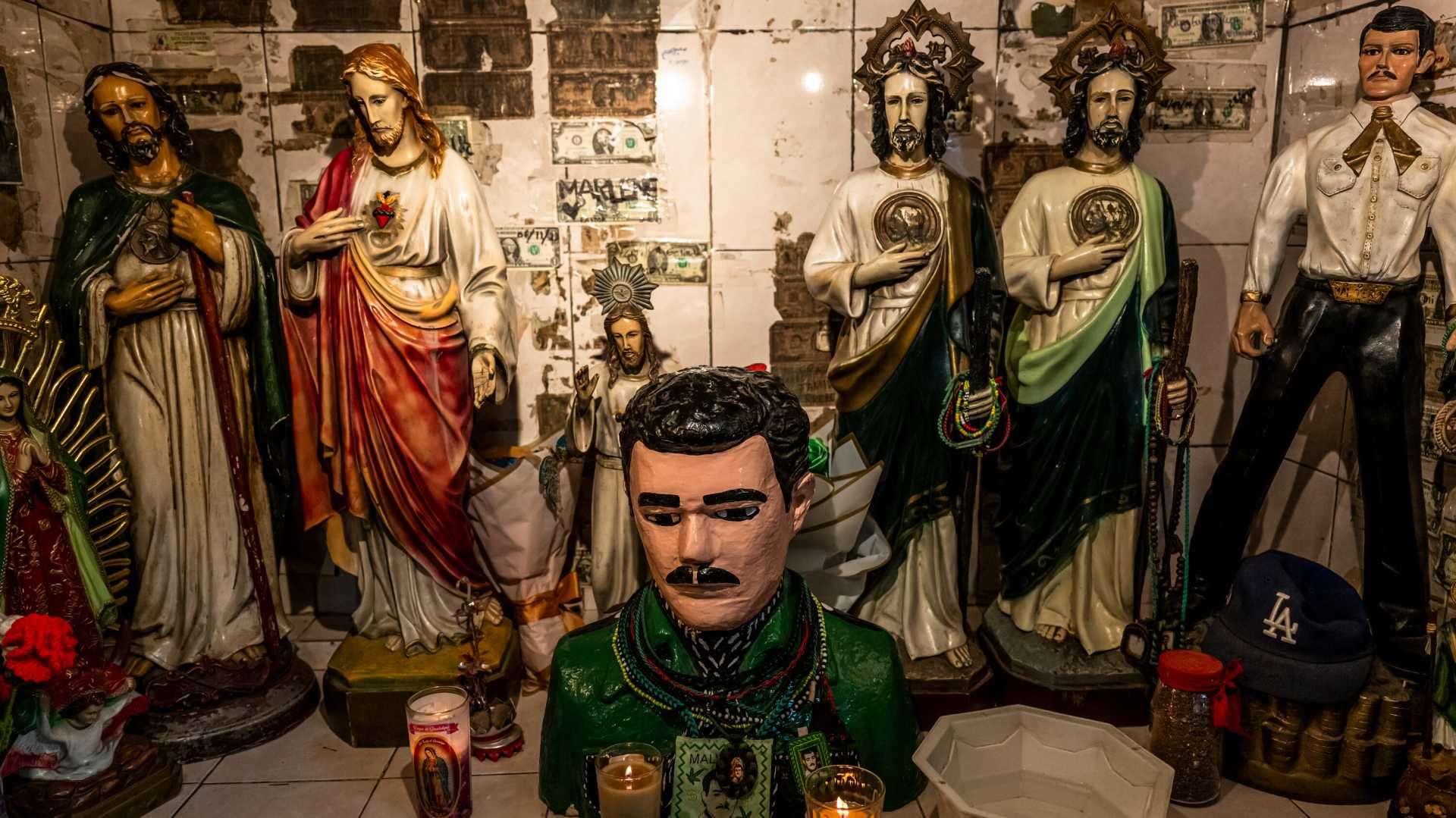World
Mexico Proposes Reforms Amid U.S. Cartel Terrorism Designation

MEXICO CITY, Mexico — Mexican President Claudia Sheinbaum announced on Thursday plans to propose constitutional reforms aimed at reinforcing the country’s sovereignty. The announcement follows the Trump administration‘s designation of six drug cartels as foreign terrorist organizations, raising concerns about potential U.S. military actions against these groups within Mexican territory.
“The Mexican people will not accept under any circumstances interventions, interference or any other act from abroad that could be harmful to the integrity, independence and sovereignty of the nation,” Sheinbaum said during a press conference. This statement underlines the Mexican government’s strong opposition to any U.S. military involvement in their internal affairs.
The designated cartels include the Sinaloa, Jalisco, Zetas, Gulf Cartels, Cartel Unidos, and ‘La Nueva Familia Michoacana.’ Other international gangs such as the Venezuelan Tren de Aragua and the Salvadoran Mara Salvatrucha, also known as MS-13, were also listed. The designation aims to enhance U.S. efforts against criminal organizations that have historically focused on drug trafficking and violence.
Sheinbaum criticized the U.S. decision, emphasizing that Mexico was not consulted prior to the announcement. Her administration seeks to amend the Mexican Constitution to formalize existing regulations that limit the operations of foreign agents within the country, a move originally spearheaded by Former President Andrés Manuel López Obrador.
In her remarks, Sheinbaum highlighted that these regulations not only ensure national sovereignty but also address the issue of arms trafficking, which has been a critical factor in the ongoing violence associated with drug cartels. She proposed imposing severe penalties for foreigners involved in the assembling, smuggling, and distribution of firearms.
Sheinbaum reiterated, “What we want to make clear in the face of this designation is that we do not negotiate sovereignty. This cannot be an opportunity for the United States to invade our sovereignty.”
The Trump administration’s decision to classify these cartels as foreign terrorist organizations, which took effect immediately, aims to provide law enforcement with additional tools to combat the organizations and discourage support for their criminal activities. U.S. Secretary of State Marco Rubio commented, “The intent of designating these cartels and transnational organizations as terrorists is to protect our nation, the American people, and our hemisphere.”
However, analysts caution that this designation could strain U.S.-Mexico relations and possibly justify military actions on Mexican soil, a prospect that has raised alarm among Mexican officials. Some believe the designation reflects a broader potential for U.S. involvement in Latin American affairs, which could lead to escalating tensions between the two nations.
As the Mexican government prepares to address these issues through constitutional changes, the political climate around immigration and border security remains precarious. Any individual paying a member of a foreign terrorist organization for assistance in crossing the U.S.-Mexico border could now face legal repercussions under the new designation.
Sheinbaum’s party holds majorities in both chambers of Congress, providing a strong footing to push through constitutional reforms aimed at safeguarding Mexico’s political and territorial integrity amid rising concerns of foreign intervention.












